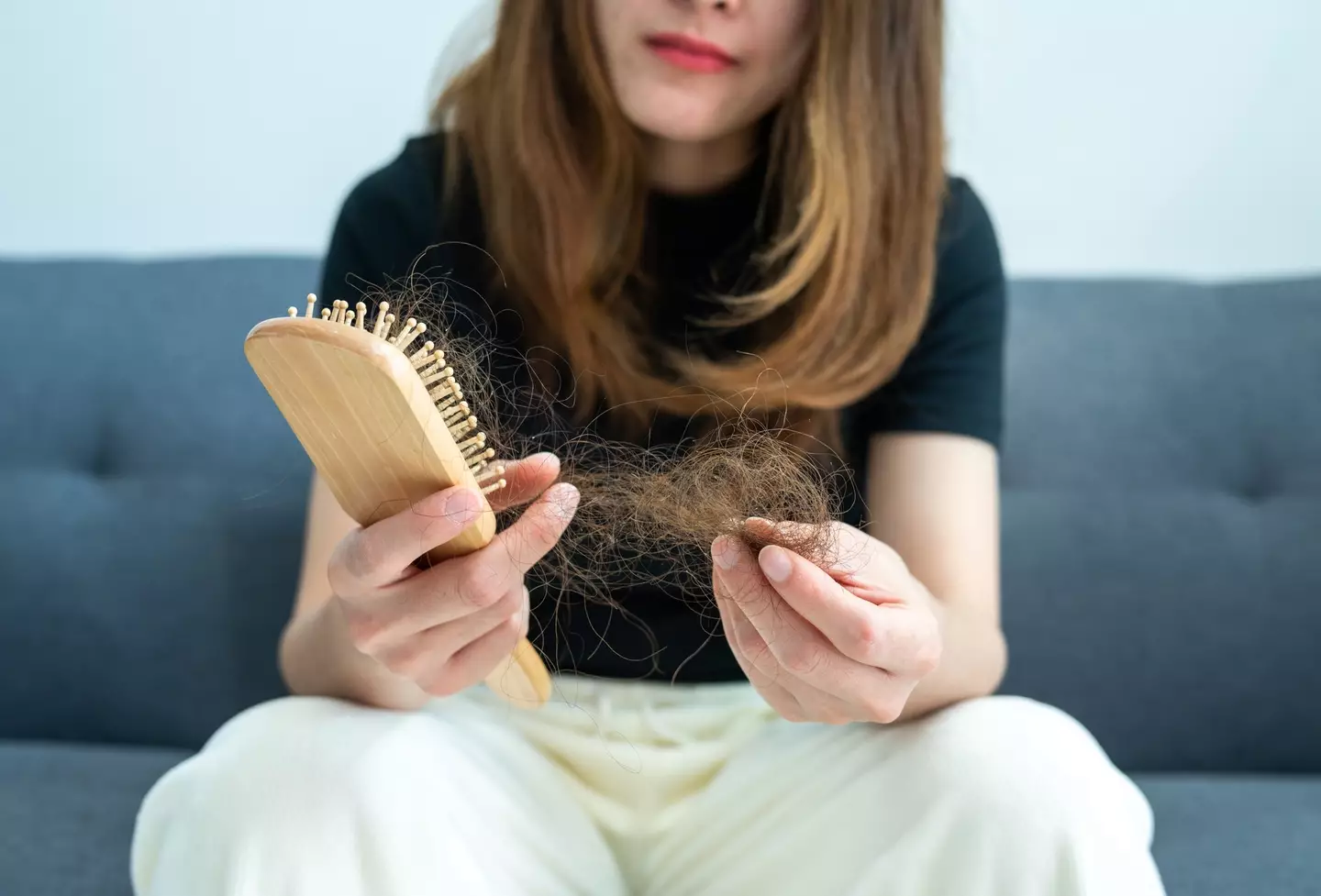
Dietary deficiencies are more pernicious than you might think, especially for people who follow exclusion-based diets like vegetarians and vegans.
Vitamin B12, for example, isn’t available from natural plant sources, but it’s richly available in meat and other animal products. Vegetarians and vegans therefore need to ensure they are supplementing their diet with B12 tablets or fortified cereals. A vitamin B12 deficiency can result in extreme tiredness, lethargy, pins and needles, mouth ulcers, muscle problems and psychological issues, among others, so it’s essential to get some in your diet.

While that may be a more famous example, vitamin B2 deficiencies are similarly problematic.
Advert
Vitamin B2, also known as riboflavin, is a less common deficiency, but it’s similarly prominent in vegetarians and vegans. People with thyroid issues, pregnant women, and breastfeeding mothers are also at a heightened risk of the deficiency.
The recommended daily intake is 1.1mg for adult women, and this increases to between 1.4mg and 1.6mg for those who are pregnant or breastfeeding. Men typically need 1.3mg per day.
Riboflavin has an important role in energy regulation and metabolism, among others.
Let’s get into what you might experience if you’re deficient in vitamin B2.
The symptoms of riboflavin deficiency
- Fatigue is a key indicator that you might be deficient in riboflavin, although it’s unhelpful in the sense that tonnes of things can make you feel worn out. Low iron, sleep problems, and a high activity level can all render the same thing. However, along with low iron, low riboflavin can result in anaemia, or a low red blood cell count. Riboflavin is also essential for ensuring the body can effectively convert carbohydrates into energy.
- Cracked, dry, and bleeding lips are another sign you might be riboflavin-deficient as it helps the skin to retain moisture.
- In step with that, having crusty corners of your mouth might indicate a shortage of riboflavin for a similar reason.
- Elsewhere, your skin may develop scaly patches. These can be indicative of other conditions, but a riboflavin deficiency could be the cause. Riboflavin-specific scaly patches are often red or otherwise different to your usual skin colour.
- A sore throat can also indicate a lack of riboflavin. The skin in your mouth and throat typically heal very quickly, and riboflavin is essential to this process. A deficiency could result in your cells struggling to repair themselves or be replaced by new ones, causing swelling in the mouth and throat.
- Hair loss can also be an indicator, although this may also be a sign of high stress levels, male pattern baldness, and female pattern baldness. Riboflavin has a role to play in collagen production, which is essential to hair follicle health as well as your skin.
- Finally, while fertility is an immensely complicated area of medical science, struggling to get pregnant can be rooted in a riboflavin deficiency. This goes for both men and women, with riboflavin being essential to healthy sperm and egg development, ovulation, and early embryo development.

How to add more riboflavin to your diet
Thankfully, increasing your vitamin B2 intake is relatively straightforward. Per The Nutrition Source from Harvard University, you can get it from a range of food sources.
Advert
Those include:
- Fortified cereals and bread
- Almonds
- Spinach
- Cow’s milk
- Yoghurt
- Cheese
- Eggs
- Lean beef and pork
- Beef liver
- Chicken breast
- Salmon
Vitamin B2 supplements are also widely available, although it’s generally advised that you prioritise getting such nutrition from whole foods where you can.
